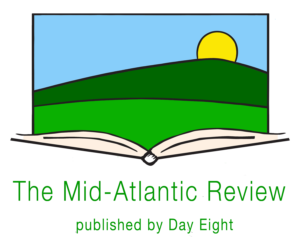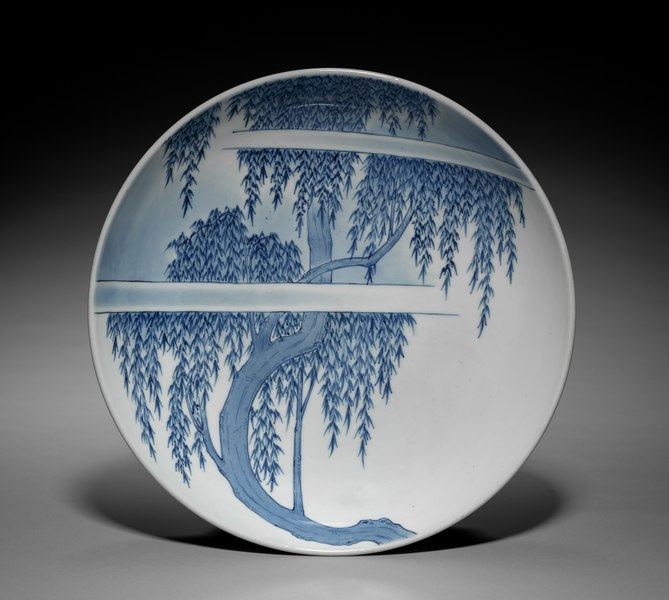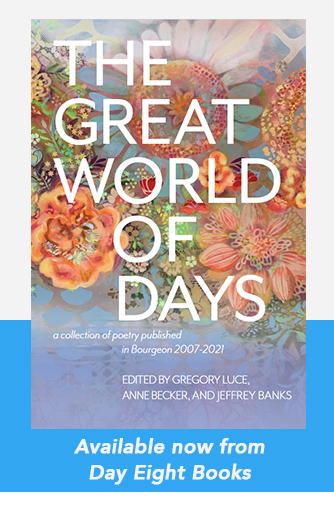Dandelion on the Lawn
little roar against shorn green.
Blemishes—to pry out
by their stems, bouquets of bright defiance.
No, my father taught me, you wedge
the trowel down, banish the root
from hard-packed soil. How else to exhume
what longs to outlive itself?
Downy puff between crisp
blades, I pluck, your name a wish.
Seeds scatter, parachutes on breath.
Green Willow
Thirsty willow gnarled into our yard, guileless
roots that rippled toward water pipes.
Hot breeze gyrated the leaves, a cascade weeping
over the fence onto our side. Pillars of light sliced
into my secret shelter beneath, limbs tapered
to switches. Before the long ride to Willowbrook,
I snapped one off, stripped it bare, coiled and wrapped
the pliant whip, clenched it tight in my small fist.
I did not know that willow was holy to poets. Did not know
that Orpheus carried willow into the Underworld, talisman and shield.
I did not know that willow wood hollows into flute, that willow bark
heals, that under my pillow, a sprig of willow would sharpen dreams.
I did not know that the Jews in Babylon hung their lyres
on the willows, too desolate, too dry, for song.
I did not know that innocents once sang of willows
in the hours of doom before their death.
I remember passing through the gates, the green lawns, the weeping
willows—though neither the breeze nor the trembling of leaves.
I remember cinder block and steel and sticky linoleum,
a spartan room, the nostril-burn of ammonia.
I know that saplings unwatered will not root, will root shallow,
will ache for water even from the salt marsh,
its soak of tears. Dried up like old news clippings. I know
that knobbed boughs bend now toward hollow buildings,
slender leaves sing willow, willow, willow,
all a green willow, cling to fresh rain.
On Reading “The Ones We Sent Away”
by Jennifer Senior in The Atlantic Monthly September 2023
Flashlight against my temple, beam
into the grass, I meet the eyes
of spiders, each one its own spun
world, silken labor from its own belly.
Give me the sideways light, truth
in refraction. A thousand shards spill
onto currents, so much shine I need
not look toward the setting sun.
In the beforelight
how did I not see?
A web, the missing limbs,
An aunt, a brother.
Vision swells in concentrics, regret
in ripples. A revelation the poet’s
day-blind stars. Slivers strain through
my fingers like lost oceans, measureless.
I grasp I gather I must
enough light to see by.
The Sun Knows Best
with a line from Jake Skeets
when it rises, the moon how bright
to shine. I step into the shorn field,
corn stubble catches the light, severed
stalks, testimony to husk and fruit.
I ask a famous writer what burns
on the page, what incinerates to ash.
She sets fire to all of it, she says,
arranges the embers barehanded.
Summer rain means well, wants
to douse the flames, wants me
to sleep in safety, wants its own
unburdening. But what do I wake
up to? In the thin light, scent
of soot, cold puddle of cinder.

Kristin W. Davis lives in Washington DC and holds an MFA from the University of Southern Maine, Stonecoast. Her recent work includes a collection of documentary poems and essays that centers on Willowbrook State School, a defunct institution for people with intellectual and other disabilities. Her writing has appeared or is forthcoming in Nimrod, the Banyan Review, the Los Angeles Review, and the Maine Sunday Telegram, and on the Split this Rock blog and Maine Public radio. Her work has been nominated twice for a Pushcart Prize, is a 2023 finalist for the Pablo Neruda Poetry Prize, and earned the International Human Rights Arts Festival’s Creators of Justice Award.
Image: Cleveland Museum of Art, CC0, via Wikimedia Commons



Beautiful poetry, Kris. So powerful, painful, hopeful and wise.